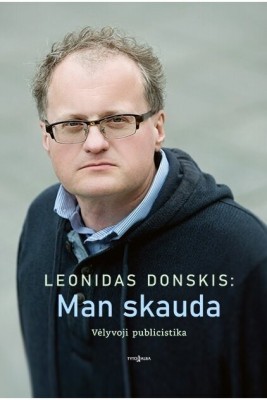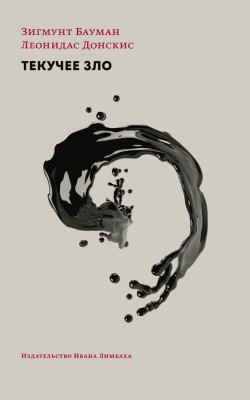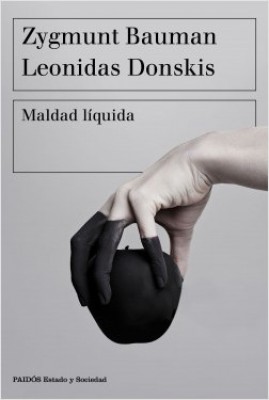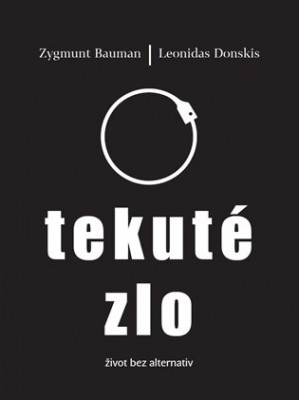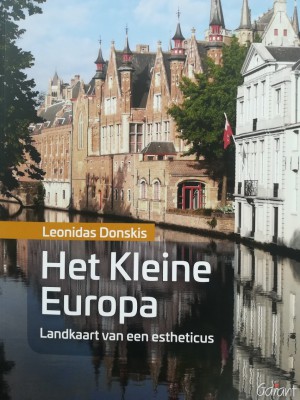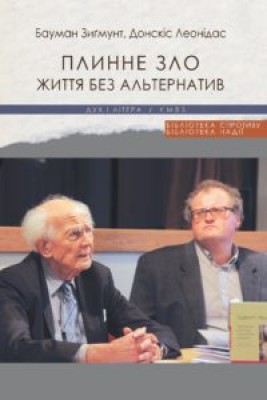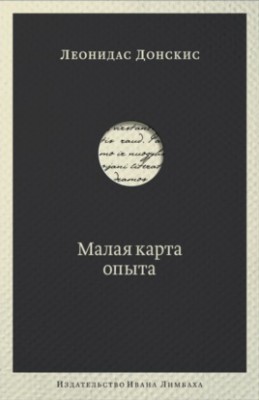Trapped by Half-Truth
By Leonidas Donskis
Are the Baltic countries and Ukraine really praising up to the skies their WW2 collaborators of the Nazis or else celebrating their disgraceful pages of the past? This is the question that arises on hearing present Russia’s never-ending insinuations on the Baltic States as failing to adopt the truly European standard in assessing the WW2. In fact, Russia itself detests and furiously condemns any attempt to hold it accountable for the crimes against humanity it committed in the 20th century.
Small wonder that President of Russia Dmitry Medvedev has recently accused Ukraine and the Baltic States of historical revisionism and also of praise they allegedly gave to their collaborators of the Nazis.
This does not mean, however, that there are no threats resulting from the equation of Nazism and Communism or from the idea of equivalency of Nazi Germany and the Soviet Union in terms of their crimes against humanity. However tempting it may be, the idea of the moral and political equivalency of National Socialism and Communism has its dark side. It concerns an unavoidable relativization, trivialization and obfuscation of the Holocaust. Moreover, this idea can be grossly and dangerously misleading in nuances and details, although it can make sense from the point of view of conventional wisdom.
In a way, both major totalitarian regimes of the 20th century can be viewed as one another’s negative double. In fact, they have obviously closed ranks in their brutal practices, violent politics, and social engineering undertakings. Yet on a closer look it appears that we would unpardonably simplify things by holding them identical. Not because one was somewhat better or more humane than another, but only because the paths of the West in treating them diverged irreversibly. The West was an ally to the Soviet Union. Even more importantly, the Soviet regime had gradually transformed itself into a sort of authoritarian dictatorship which, under Leonid Brezhnev, bore more family resemblance to cleptocratic and criminal regimes of Africa and South America than to Nazi Germany or even Stalinist Russia. The fact is that the West has worked out a modus vivendi with the Soviet regime, which lasted not twelve years like Nazism but more than seventy years.
Whatever the case, we cannot succumb to temptation to adopt black-and-white theories that rest on half-truth. Russia’s fierce resistance to a wide international condemnation of the Ribbentrop-Molotov Pact as the first move and one of the most real causes of the WW2 has nothing to do with European clashes of historical memory. Present Russia’s historical revisionism is not about history at all. It is about the present and the future. In fact, it is as much about history as the occupation of Ossetia and Abkhazia was about the defense of Russian citizens’ human rights. Let us call a spade a spade. Russia still tries hard to repaint and relegitimize its criminal policies in Chechnya and the lands of Georgia parroting Western political vocabulary and telling the world a blend of fantasy and joke about its struggle against international terrorism.
Much in that same fashion, Russia, by denying the fact of the occupation and annexation of the Baltic States in 1940 and by justifying the Ribbentrop-Molotov Pact, is paving the way to a new division of Europe and, presumably, to Finlandization of the Baltic countries. What happened to Georgia a year ago may have been Russia’s attempt to set up a pattern for a similar scenario in Ukraine or the Baltics. Ironically, Mikhail Gorbachev appears to have been a dove of peace, and the USSR under him a new and promising, albeit flawed, democracy to compare to Putin-Medvedev’s Russia that does not bother to embrace the ugly legacy of its totalitarian past as a source of national pride.
True, the Russians, like many other nations, heroically fought the Nazis. The civilized world will never forget that. Yet heroism in WW2 cannot become the license to rehabilitate Stalinism or, even worse, to justify and, thus, symbolically repeat the crimes of the past recasting them as part of an internationally acceptable pattern of Realpolitik.
© 2009 The Baltic times. All rights reserved.

